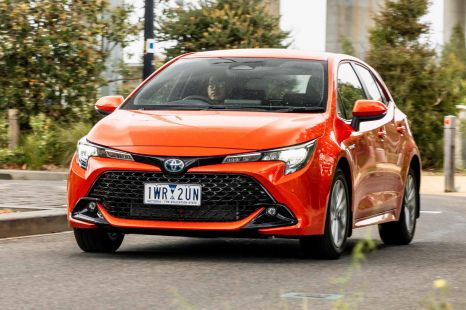

Max Davies
2025 Toyota Corolla SX review
5 Days Ago

Journalist
Toyota has long talked up the role of hydrogen fuel-cell vehicles (FCEVs) in its future lineup, hinting they could one day become ubiquitous as hybrids are right now.
Those aspirations seem to be dead, with the company shifting its focus towards electric vehicles (EVs) for passenger cars, with work on fuel cells focussing on medium- and heavy-duty trucks.
Last week in his first speech as Toyota’s CEO, Koji Sato said, “For FCEVs, we will pursue mass production centered on commercial vehicles”.
He went on to say “we will work with business operators to promote FCEVs by starting with commercial vehicles, such as medium- to heavy-duty trucks”.
The company has also begun “basic research on hydrogen engines for heavy-duty commercial vehicles last year”.
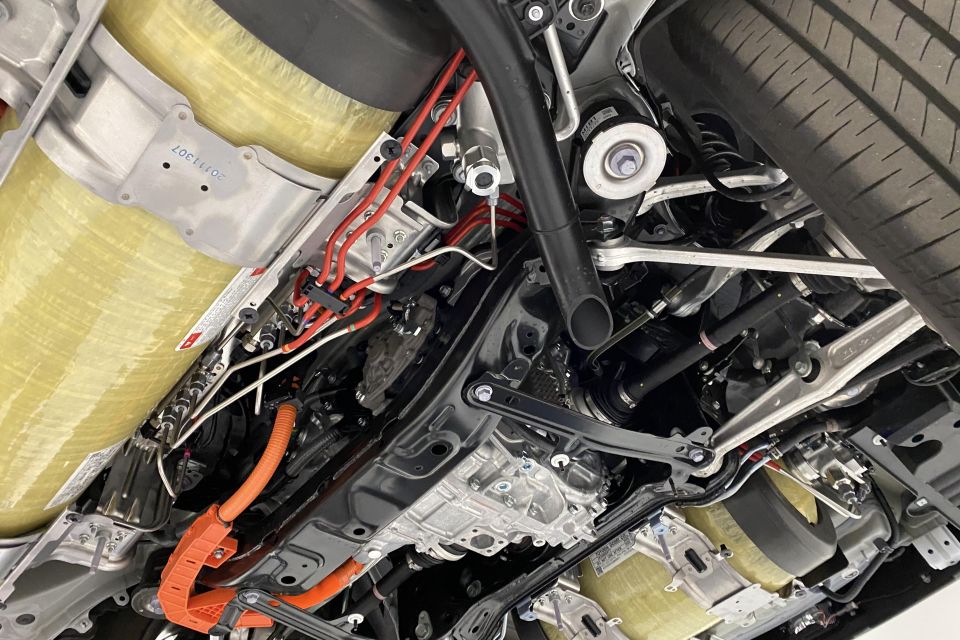
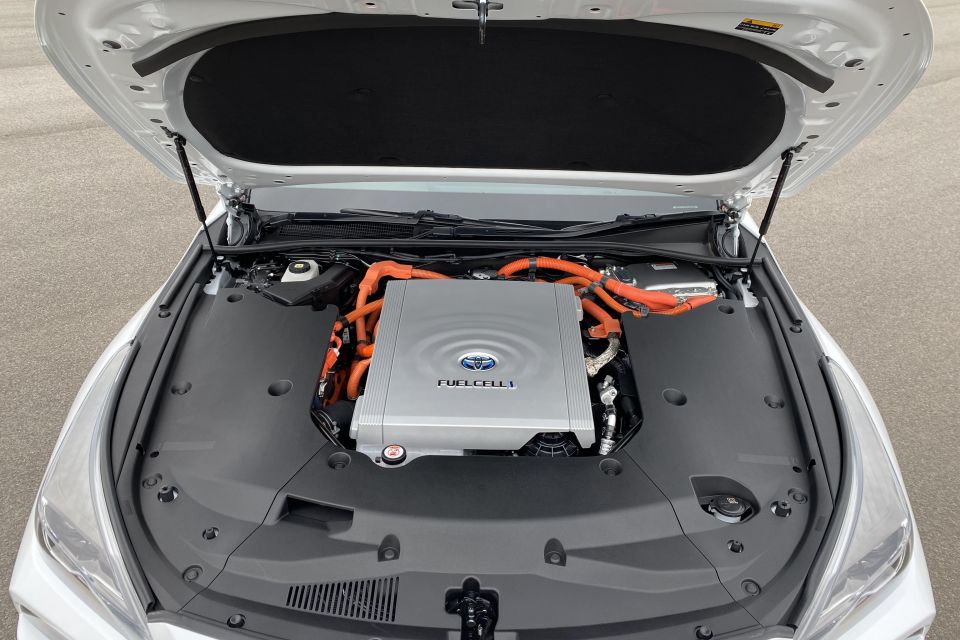
He noted the key benefits for FCEVs, including much faster refuelling times, and weight savings from not requiring a massive battery pack. By shifting its focus from passenger cars to commercial vehicles, it will be theoretically easier to build out hydrogen fuelling infrastructure, as it can be concentrated at major ports, depots and transfer points.
Despite the Mirai’s WLTP 650km range between refills, take up of it and other hydrogen fuel cell vehicles, such as the Hyundai Nexo, has been hampered by a lack of places to fill up with hydrogen.
The Mirai’s Australian lease contract includes free hydrogen refills at Toyota’s former factory in Altona, Melbourne.
It’s unclear how Toyota’s shift in priorities will affect its decade-long fuel cell development partnership with BMW.
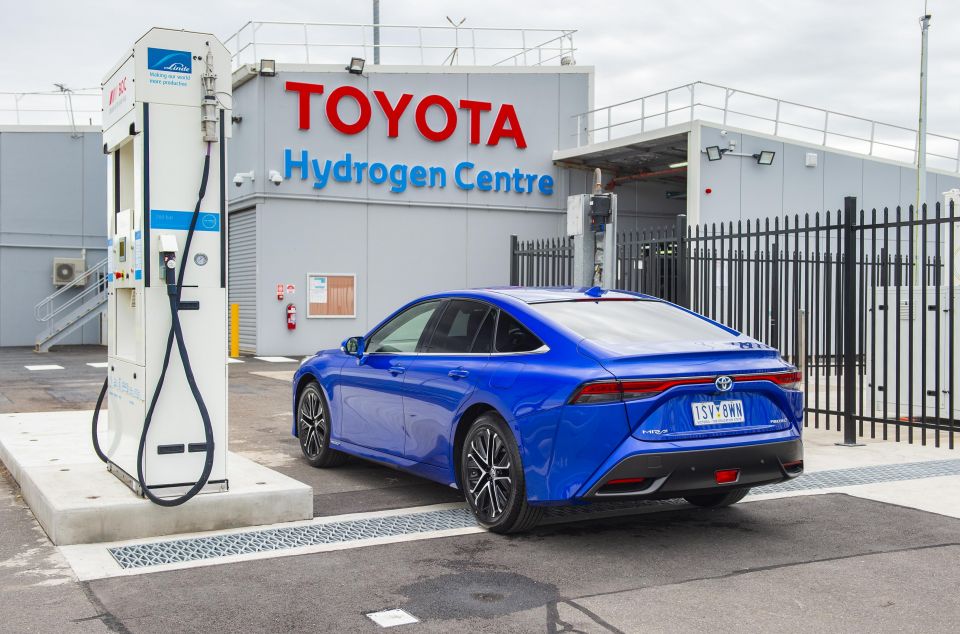
While the future for passenger FCEVs is up in the air, Sato used his press conference last week to announce a headline grabbing pledge to sell 1.5 million EVs per year by 2026 and launch 10 new EVs in that same timeframe.
Considering the automaker’s small EV lineup, and the troubled rollout of the bZ4X with recalls for wheels potentially falling off, it’s a bold pronouncement to make.
Sato also outlined the company’s commitment to improving its hybrid and plug-in hybrid models, with EV range of up to 200km for the latter.
MORE: Everything Toyota Mirai
Where expert car reviews meet expert car buying – CarExpert gives you trusted advice, personalised service and real savings on your next new car.
Derek Fung would love to tell you about his multiple degrees, but he's too busy writing up some news right now. In his spare time Derek loves chasing automotive rabbits down the hole. Based in New York, New York, Derek loves to travel and is very much a window not an aisle person.


Max Davies
5 Days Ago
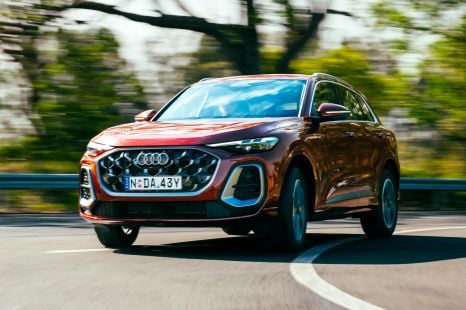

James Wong
3 Days Ago
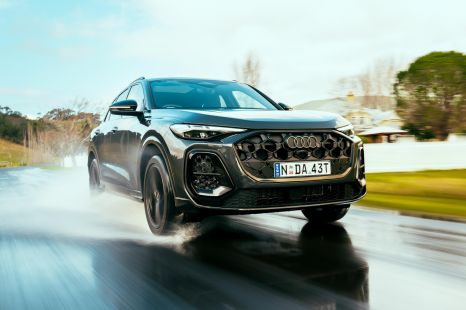

James Wong
3 Days Ago
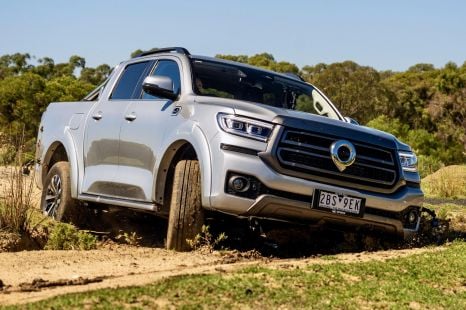

Max Davies
2 Days Ago
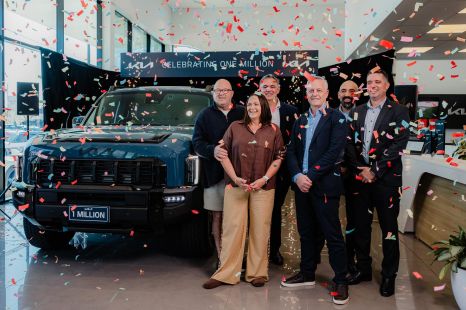

James Wong
9 Hours Ago
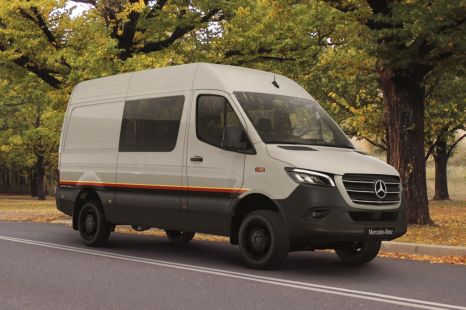

Marton Pettendy
9 Hours Ago